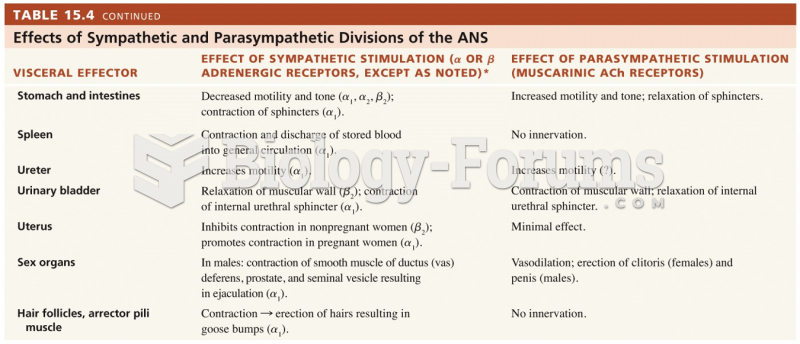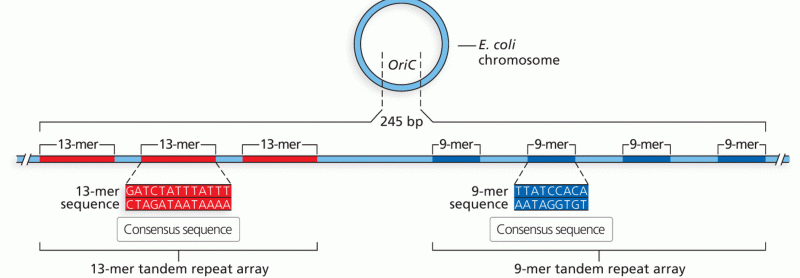|
|
|
The most common treatment options for addiction include psychotherapy, support groups, and individual counseling.
Multiple experimental evidences have confirmed that at the molecular level, cancer is caused by lesions in cellular DNA.
This year, an estimated 1.4 million Americans will have a new or recurrent heart attack.
Children of people with alcoholism are more inclined to drink alcohol or use hard drugs. In fact, they are 400 times more likely to use hard drugs than those who do not have a family history of alcohol addiction.
About 80% of major fungal systemic infections are due to Candida albicans. Another form, Candida peritonitis, occurs most often in postoperative patients. A rare disease, Candida meningitis, may follow leukemia, kidney transplant, other immunosuppressed factors, or when suffering from Candida septicemia.







